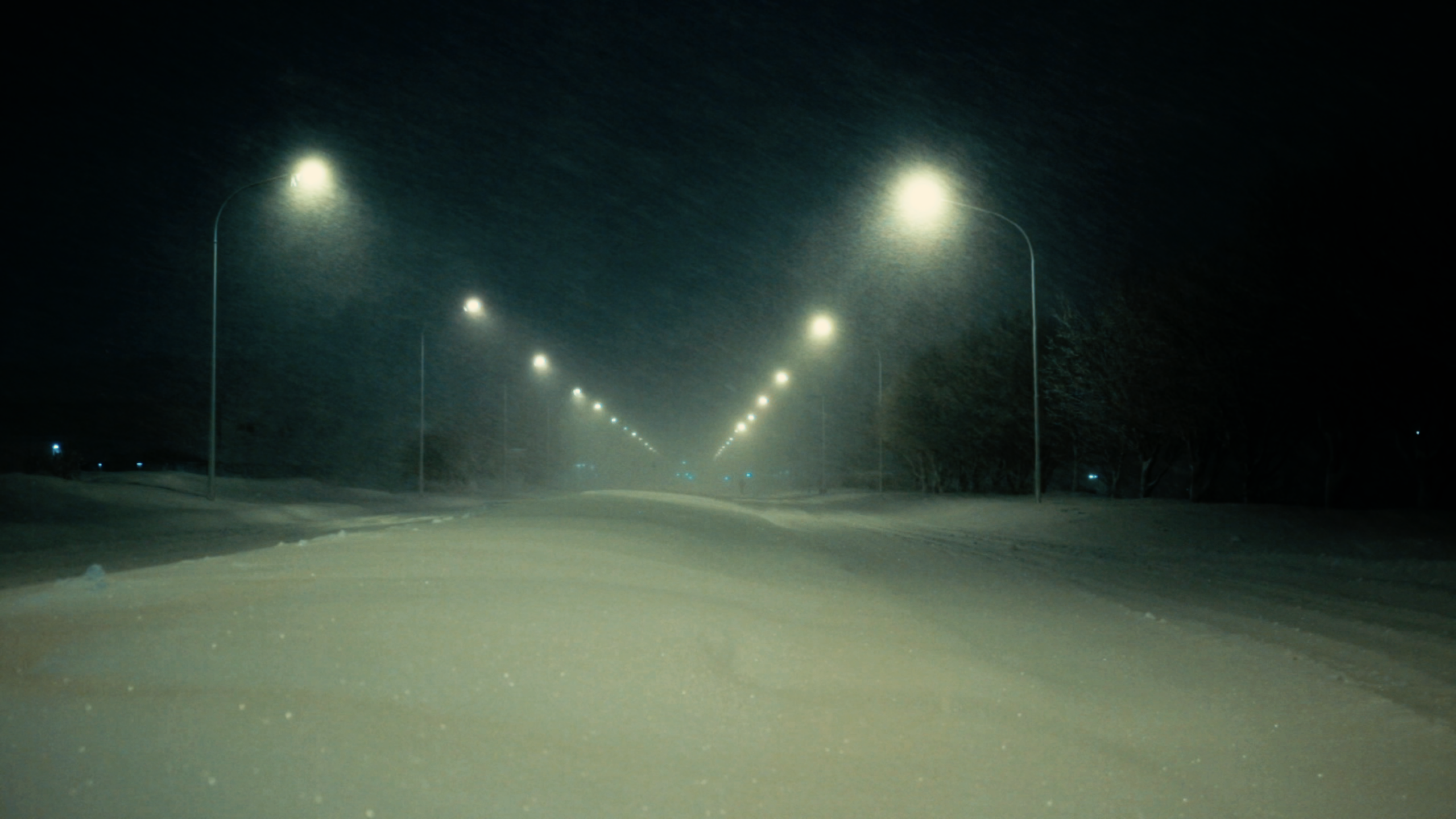Join Toronto Biennial of Art artist Susan Schuppli and critical legal theorist Dr. Brenna Bhandar as they discuss ideas emerging out of Schuppli’s series COLD CASES in relation to their shared ongoing and trans-disciplinary research queries.
On view at 5 Lower Jarvis, COLD CASES is an exploration into the weaponization of cold as an instrument of policing and exercising control over Indigenous and migrant bodies. Human rights violations always result from entanglements between human and more-than-humans: bodies, technologies, institutions, material spaces, and environmental conditions. Yet evidence for events, especially historic wrongs, is often dispersed, willfully neglected, or resides only within intergenerational memories or with the land itself. Recovering these traces requires acts of patient re-assembly and new assembly to determine who and what counts as a witness to pertinent socio-economic events.
Both Schuppli’s and Bhandar’s research examines contemporary human rights violations as well as settler-colonial histories that run parallel to and intersect with our present political condition, drawing connections between multiple contexts and geographies to highlight patterns of abuse and oppression that connect seemingly disparate temporalities and spaces.
Participants will receive a link to view the COLD CASES videos before the talk. Read more about the project and Schuppli’s larger work, Learning from Ice.
If registration for the program is at capacity, please email programmingandlearning@torontobiennial.org to be added to the waitlist.
Image Credit: Susan Schuppli

Virtual
April 30
Bios
Dr. Brenna Bhandar is Associate Professor at Allard Law Faculty, UBC. Previously, she was Reader in Law and Critical Theory at SOAS, University of London. She is author of Colonial Lives of Property: Law, Land and Racial Regimes of Ownership (DUP, 2018), co-editor of Plastic Materialities: Politics, Legality and Metamorphosis in the work of Catherine Malabou (with Professor Jon Goldberg-Hiller, DUP, 2015), and Revolutionary Feminisms: Conversations on Collective Action and Radical Thought (Verso, 2020). She is a member of the editorial collective of Radical Philosophy. Her research spans the fields of property studies, law and colonialism, and critical race feminisms.
Susan Schuppli (lives in London, UK) investigates the politics of the “cold” and explores how knowledge practices from ice-core science and glaciology to intergenerational wisdom and local observations, climate activism to environmental policy and law, engage with the situated material conditions of ice. She draws on her experience as part of the research agency Forensic Architecture in her consideration of various modes of communication, from legal analysis and public advocacy to theoretical reflection and creative exploration.
